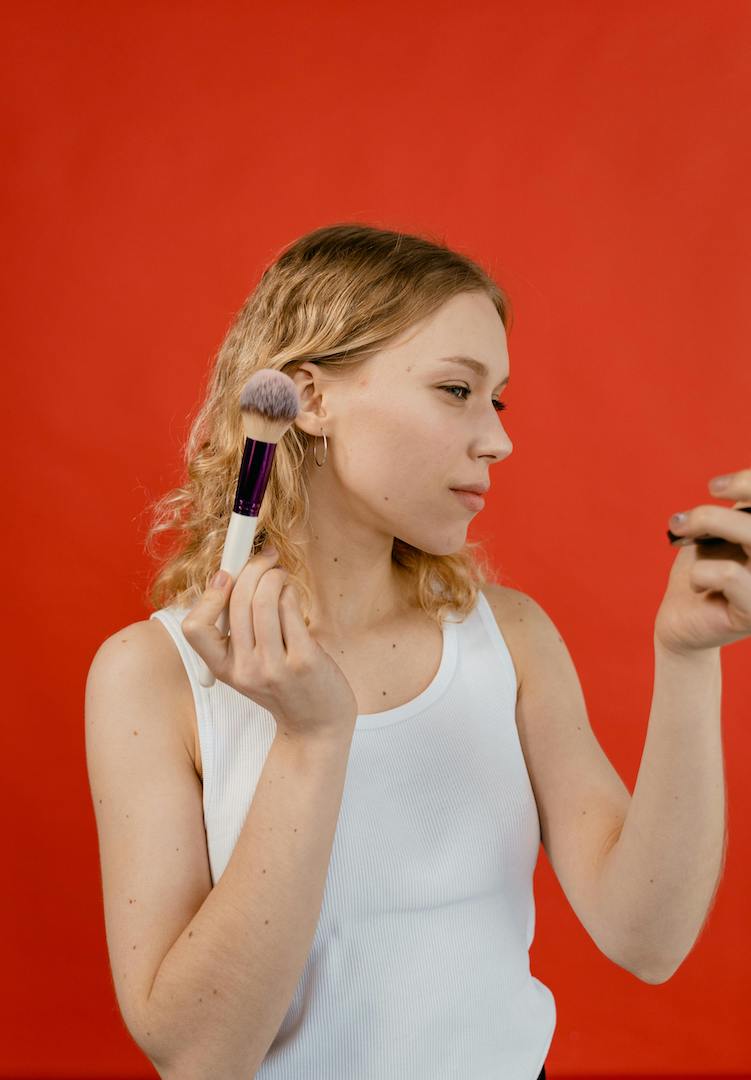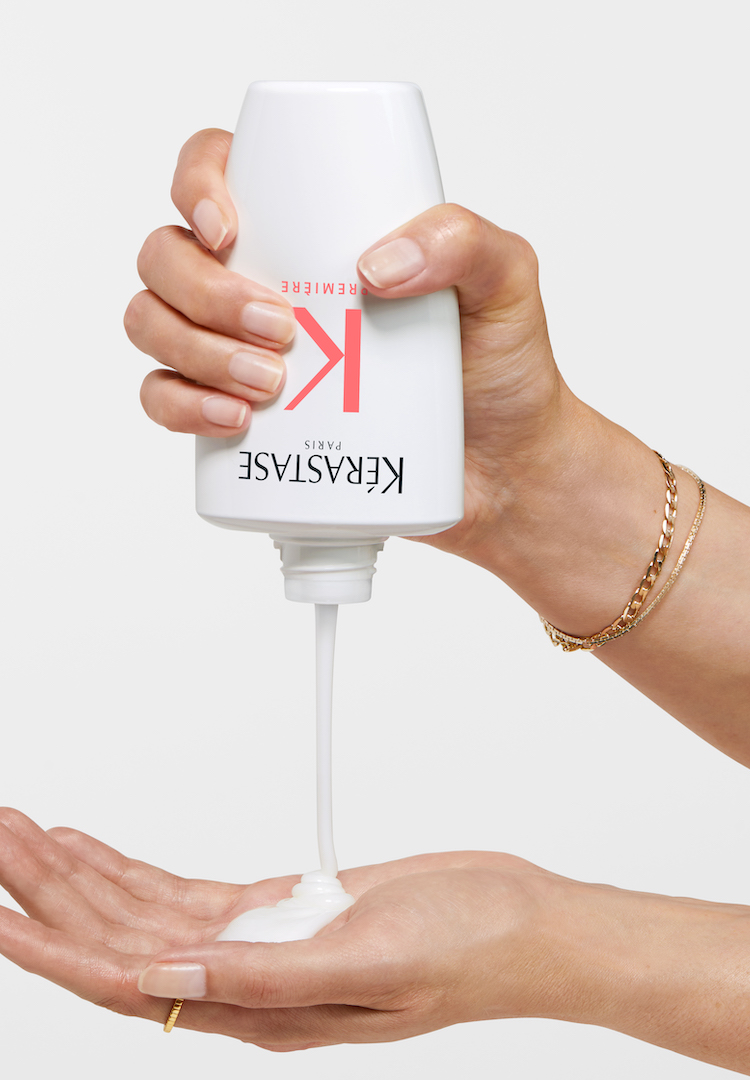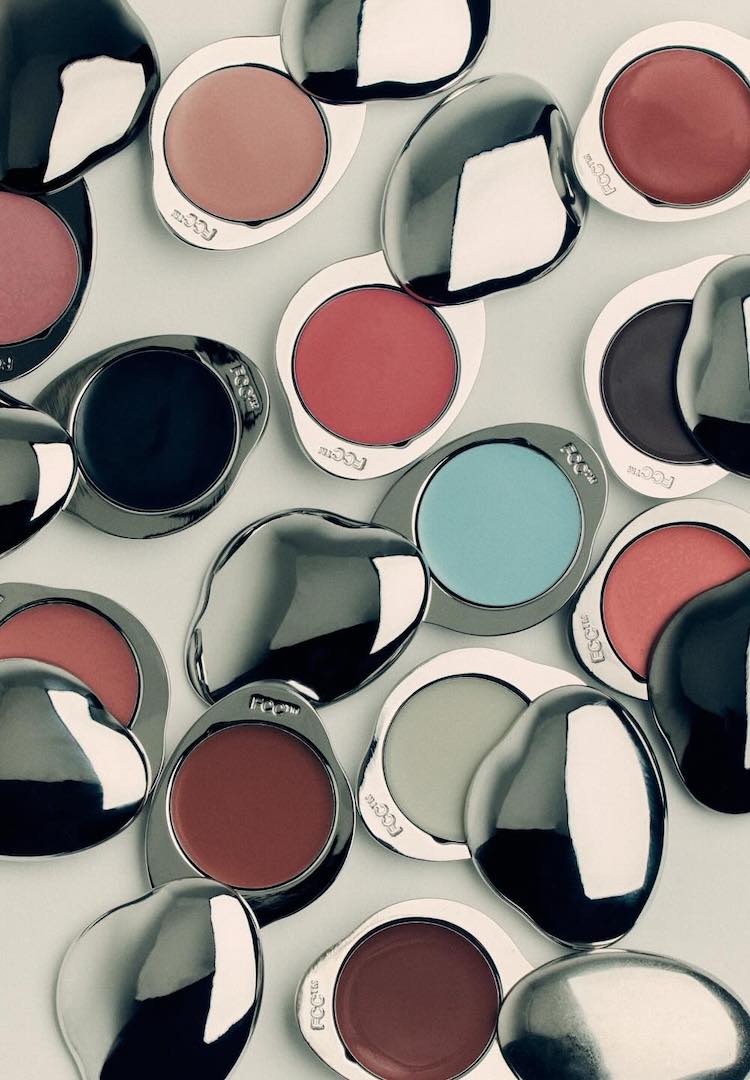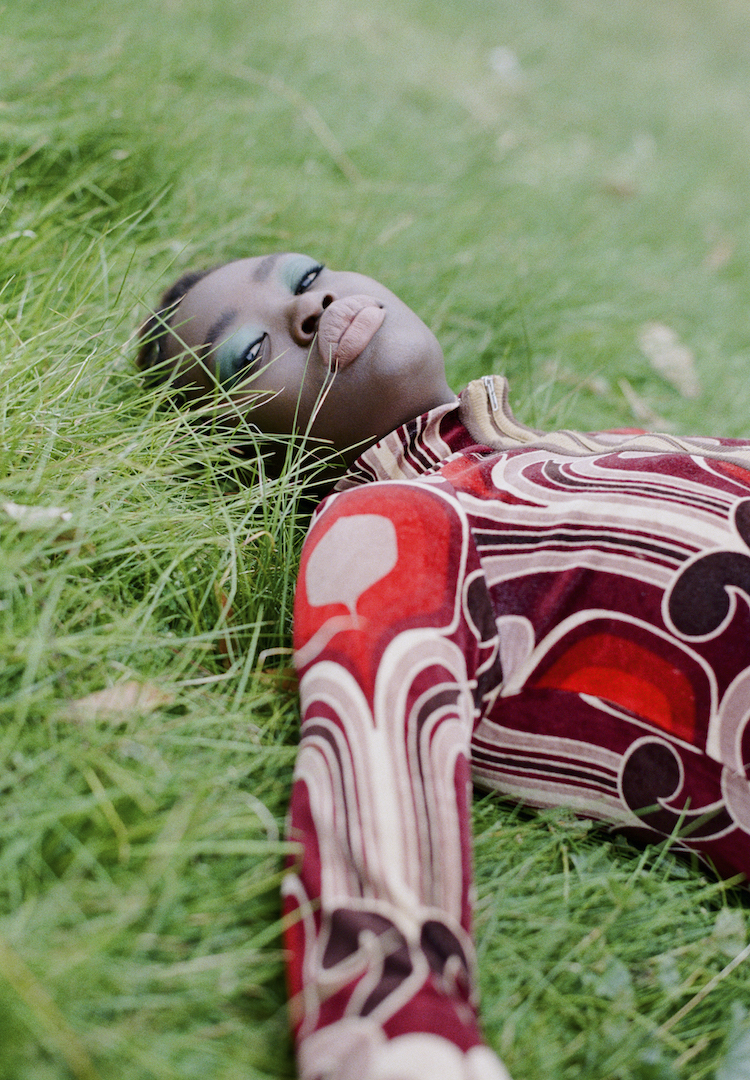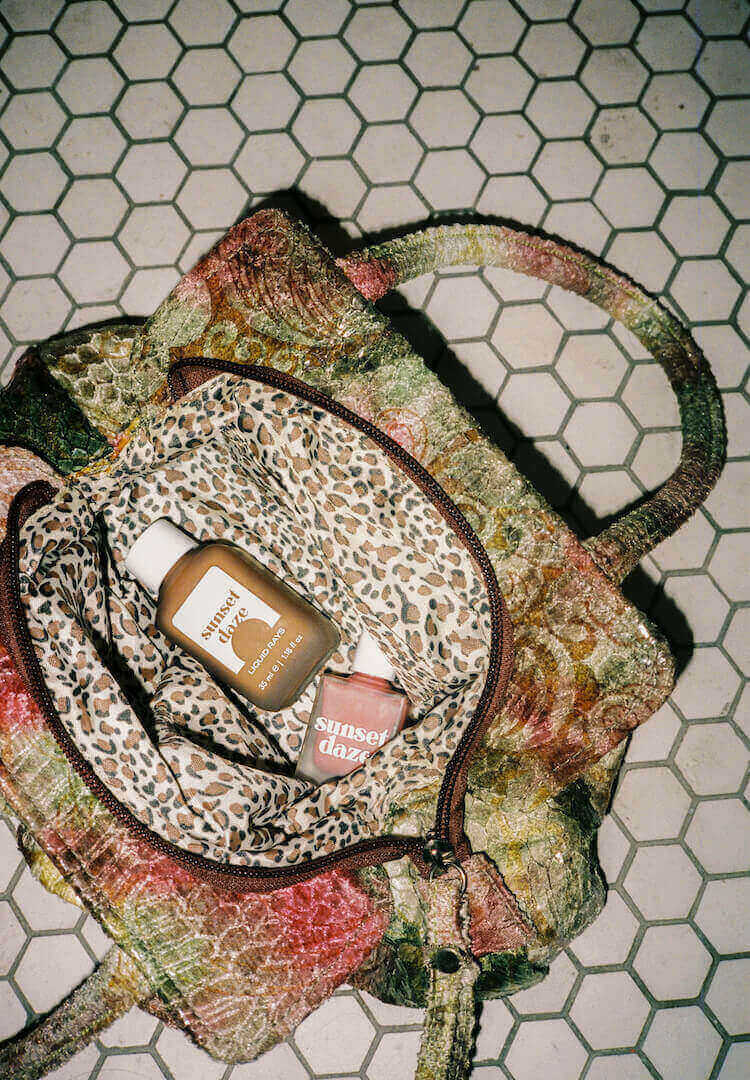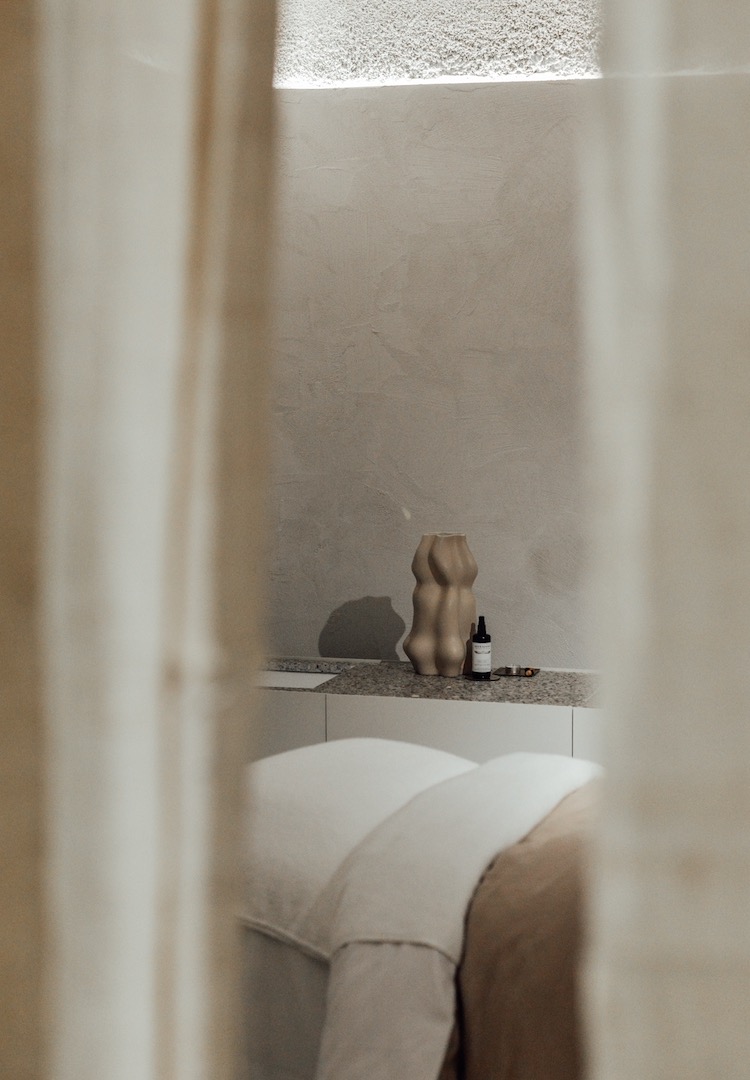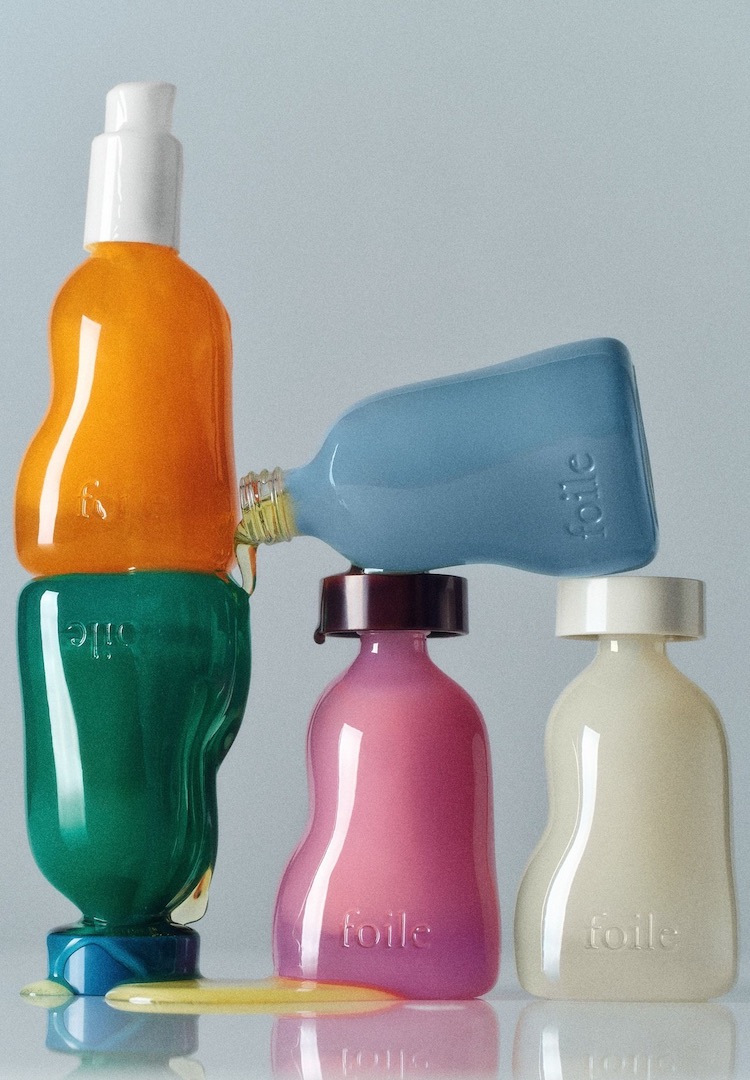Do you have good skin elasticity? Here’s a simple way to test it
WORDS by Mallika Shore
Bounce back.
Getting older, it’s harder to bounce back in the way we used to – in more ways than one. The term ‘skin elasticity’ refers to our skin’s ability to stretch and move back into place. The higher the elasticity, the more plump, full and firm the skin feels; something that typically declines as we age.
We like nosy people. Don’t be shy, head to our Beauty section for more.
While this is a perfectly normal part of getting older, there are things you can do to help postpone the process. And the even better news? The solutions to slowing the loss of skin elasticity aren’t necessarily difficult to access or expensive. Here I asked Software’s skin expert, Dr Lauren Thomas, to share her expertise on skin elasticity and top tips for keeping your skin looking glowy and fresh.
What is skin elasticity?
As Dr Lauren explains, “Skin elasticity is exactly what it sounds like, akin to a rubber band’s elastic potential… skin elasticity refers to its [ability to] ‘bounce back’.” Elastin, a protein found in the dermal layer of your skin, and collagen, the structural protein of the body, give skin its stretchiness. Elastin and collagen are both essential in the healing process of your skin, as well as your skin’s appearance and overall health.
Both of these proteins keep your skin smooth and firm, which is why a decrease in the production of elastin and collagen leads to signs of ageing like wrinkles and fine lines, as well as sagging and thinning skin.
Do I have good skin elasticity?
Testing your skin’s elasticity sounds like it would be complicated and possibly expensive, but actually, it is fairly simple: a pinch test. “Place your palm on a flat surface and pinch the skin on the back of your hand for five seconds. Release the skin, and count how long it takes to return to being completely flat.”
Generally speaking, skin elasticity is based on age. If you’re 30 years old or younger, it typically takes between one and two seconds to bounce back. This increases to three to four seconds if you’re 30 to 44, five to nine seconds if you’re between 45 and 50, 10 to 15 seconds if you’re in the 60 to 70-year-old age bracket and 35 to 55 seconds if you’re 70 or older.
Skin elasticity can also be understood based on appearance. Generally speaking, healthy skin will look plump, hydrated, and youthful, whereas skin with little elasticity will look dry, thin and possibly saggy.
When does skin start to lose elasticity?
“It is completely natural to lose skin elasticity as you age. From the age of 25, collagen production begins to slow down and declines by one to two per cent every year. Within the first five years of menopause, women also lose around 30 per cent of collagen.”
What causes the skin to lose elasticity?
Ageing
The natural production of elastin and collagen slows down as you age. As you lose skin elasticity, you will develop fine lines and wrinkles and your skin will become thinner. As mentioned above, this typically begins to happen around the age of 25.
Lifestyle and environment
Various lifestyle and environmental factors can wreak havoc on our skin. Smoking releases free radicals in your system, while overexposure to the sun breaks down the elastin in your skin, both causing premature ageing. What you choose to eat can also contribute to elastin loss in two ways. If you aren’t providing your body with the correct nutrients, it won’t have what it needs to produce enough collagen, and a poor diet can actively speed up the loss of collagen.
Foods high in refined carbs and sugar also interfere with collagen’s ability to repair itself and reproduce, because your molecules can become damaged and reduce the overall tissue quality. Dehydration and lack of exercise also can contribute to the loss of skin elasticity.
Skincare
Having a good skincare routine can greatly improve skin elasticity, just as a poor skincare routine can deplete it. And the absolute worst collagen-cutting culprit? Sleeping in your makeup. When you sleep in your makeup, you are likely to experience clogged pores, excess oil and as a result, breakouts. This can disrupt collagen production and compromise your skin barrier.
Washing your face regularly is also important. It’s recommended to wash your face twice a day with a gentle cleanser. More than this, you may be stripping your skin of natural oils and moisture, which can lead to dehydration and increase the appearance of wrinkles and fine lines.
Similarly, when washing your face and applying products it’s important to be gentle. Avoid tugging and pressing your delicate skin, as this alone can reduce elasticity and contribute to sagging, especially near and around the eyes.
How can I improve my skin elasticity?
While the loss of skin elasticity cannot be stopped completely, there are various ways that you can slow it down. Keep reading for some of Dr Lauren’s skincare and lifestyle tips.
Change your routine
- Change your skincare products to increase collagen production. Certain skincare products will work overtime to help improve your skin elasticity like retinol, retinoids, vitamin A and vitamin C. Peptides are also helpful, as they are the building blocks of protein.
- Add sunscreen to your routine. Sunscreen is always a big yes in protecting your skin from harmful rays and slowing down the ageing process. Making sure to reapply every two hours is the easiest way to slow down premature ageing.
- Hyaluronic acid holds up to 1000 times its own weight in water, making it one of the best anti-ageing and hydrating skincare ingredients on the market. It can be really helpful to incorporate a hyaluronic acid serum into your skincare routine.
Lifestyle factors
While certain skincare products are great for improving skin elasticity, understanding what lifestyle factors affect our skin is incredibly important when it comes to reducing signs of premature ageing. Here are a few simple changes you can incorporate into your life to help promote skin elasticity:
- To produce collagen, your body needs amino acids. Several foods help with skin elasticity including chicken and poultry, dairy and eggs, fish, legumes, beans, leafy greens and bone broth. Taking supplements containing vitamin C, zinc and copper is another way to support your overall skin health. In general, you want to make sure that your diet is full of high-antioxidant foods and omega fatty acids.
- Creating a healthy sleep routine is critical in maintaining healthy skin. When we are sleep-deprived, our bodies release more cortisol, causing inflammation, redness and irritation. Inflammation reduces the skin’s ability to produce elastin and collagen.
- Our cells are made up of water, and dry skin usually shows fine lines and wrinkles much more than hydrated skin. To keep your skin hydrated, drink plenty of water, hydrating your body from the inside out. Aim to drink at least two litres of water a day, potentially more if you exercise regularly, spend time in the sun or drink coffee.
- High stress can increase cortisol levels which then break down collagen and elastin. Stress can also impact sleep and diet, leading to other mechanisms of collagen loss.
For more on skin elasticity, head here.


